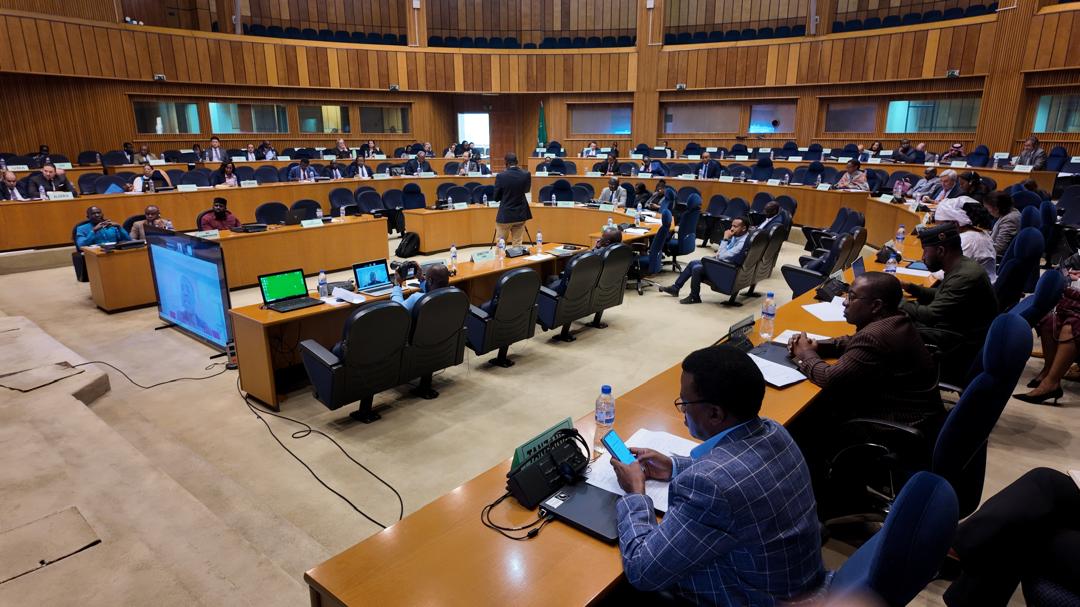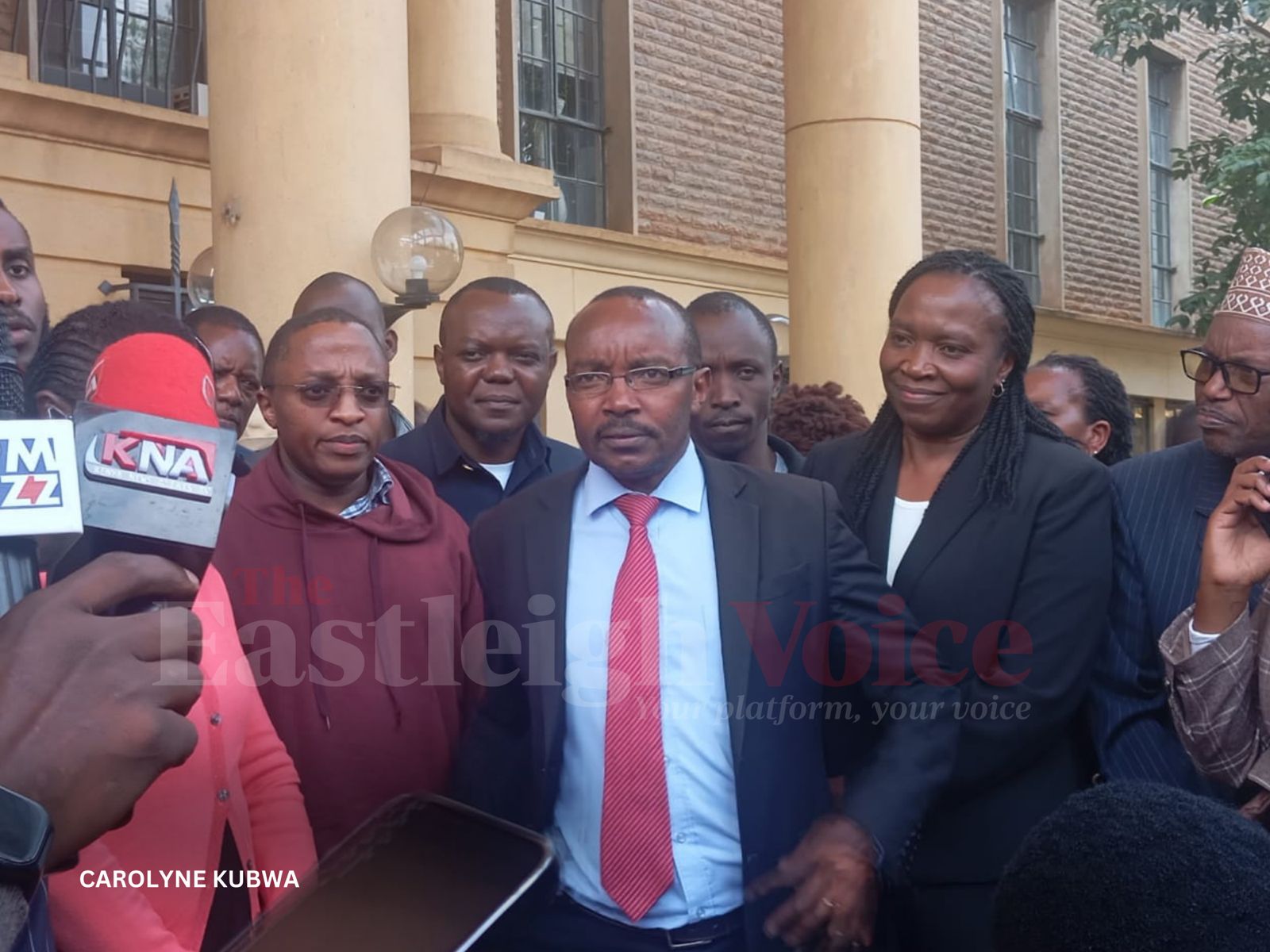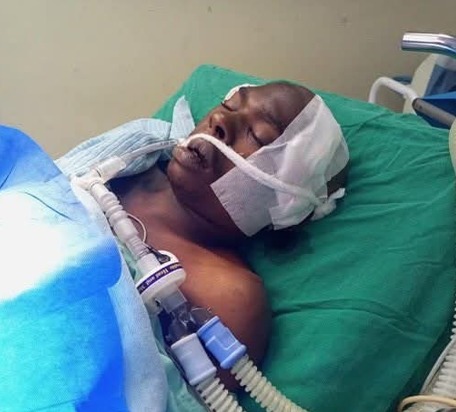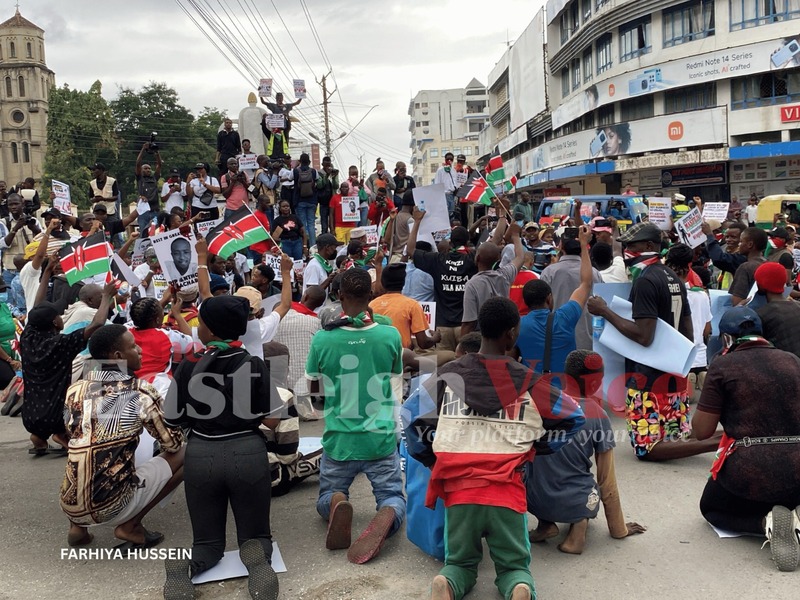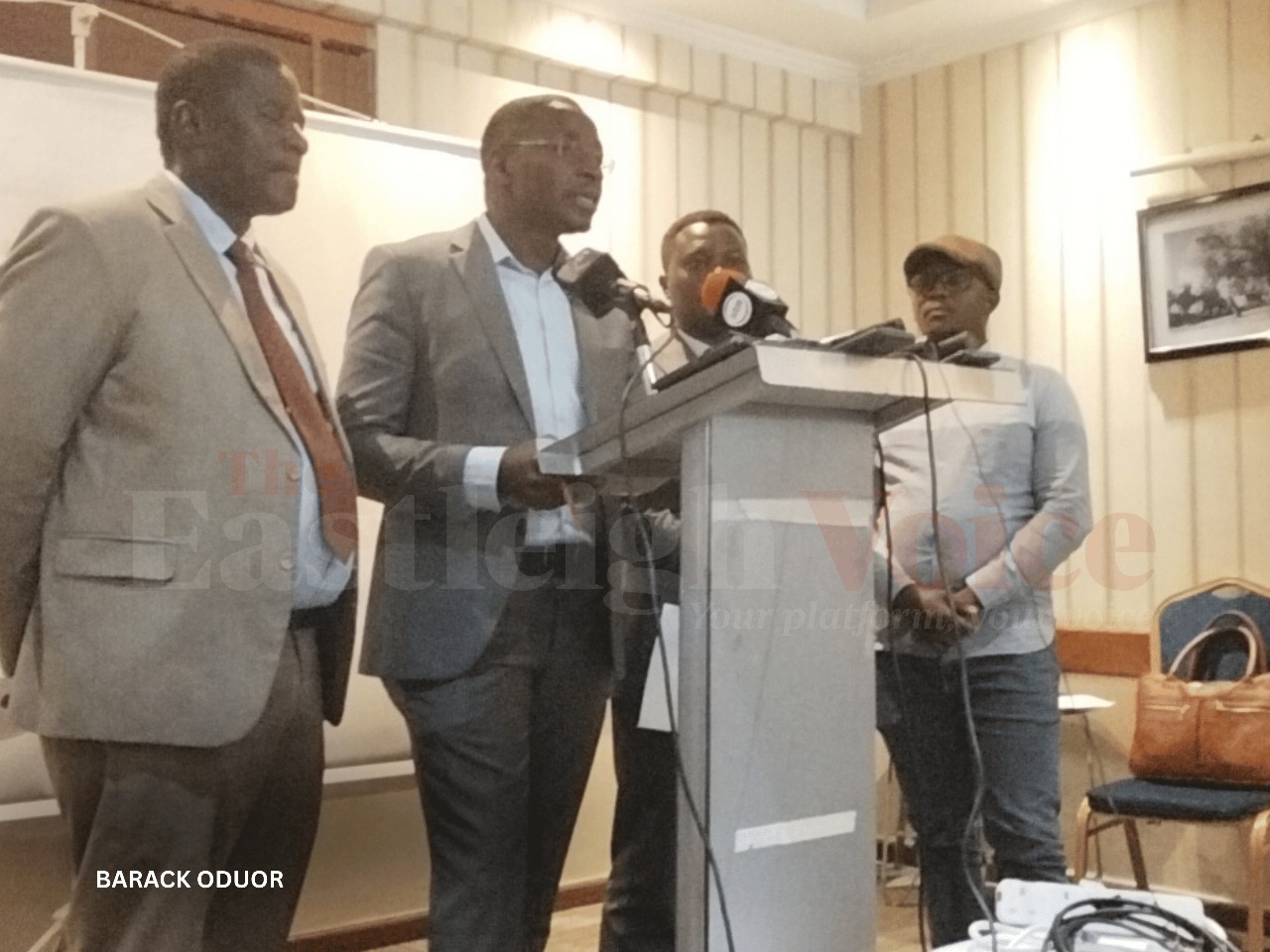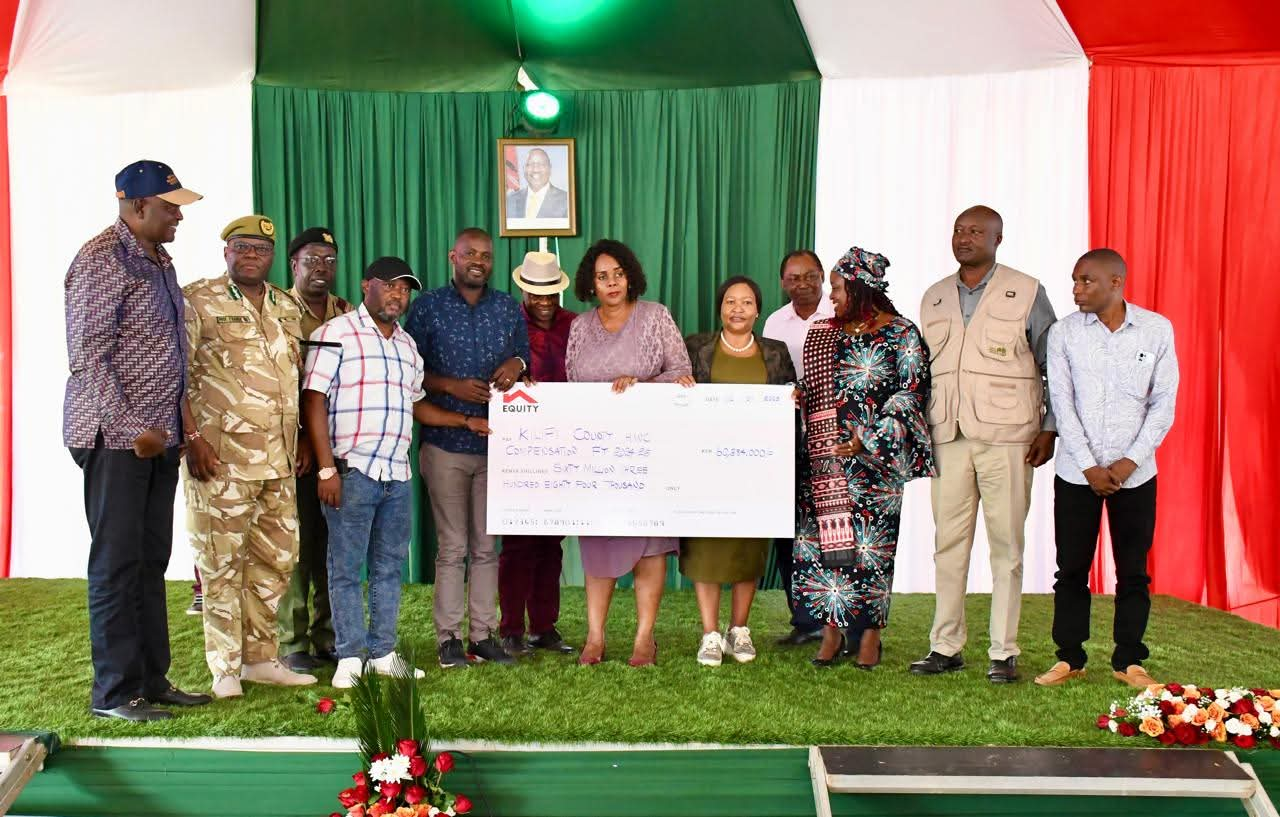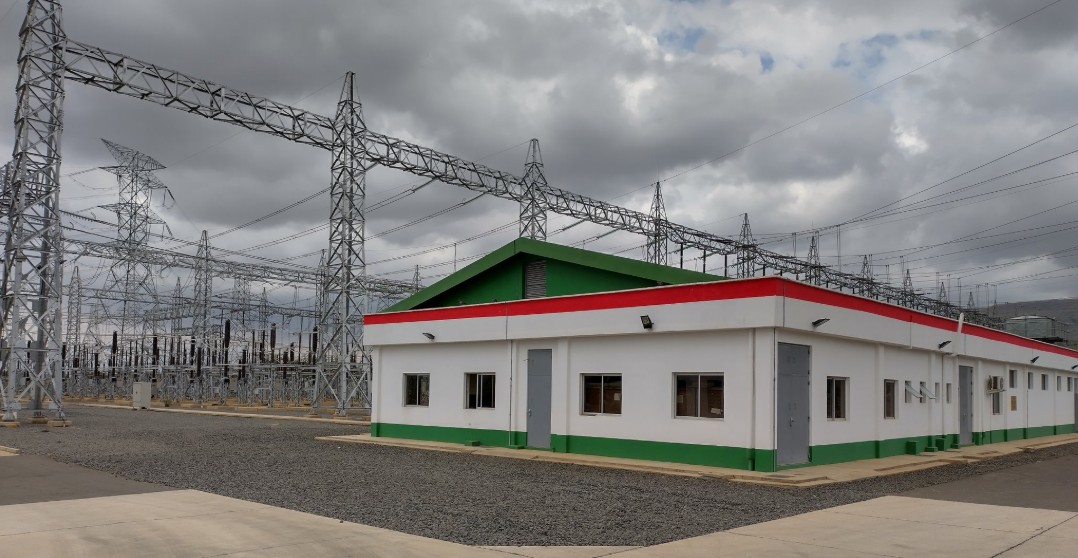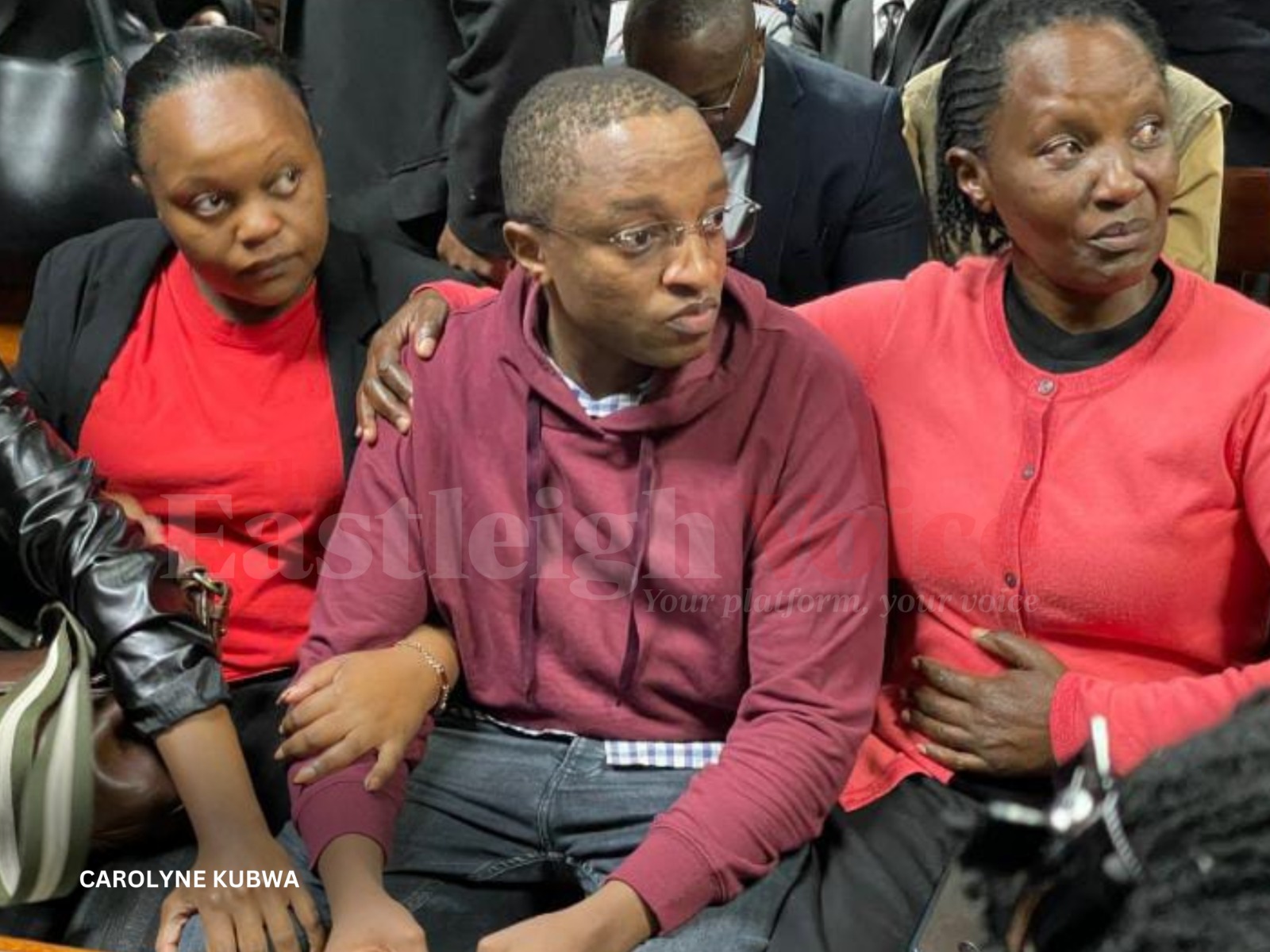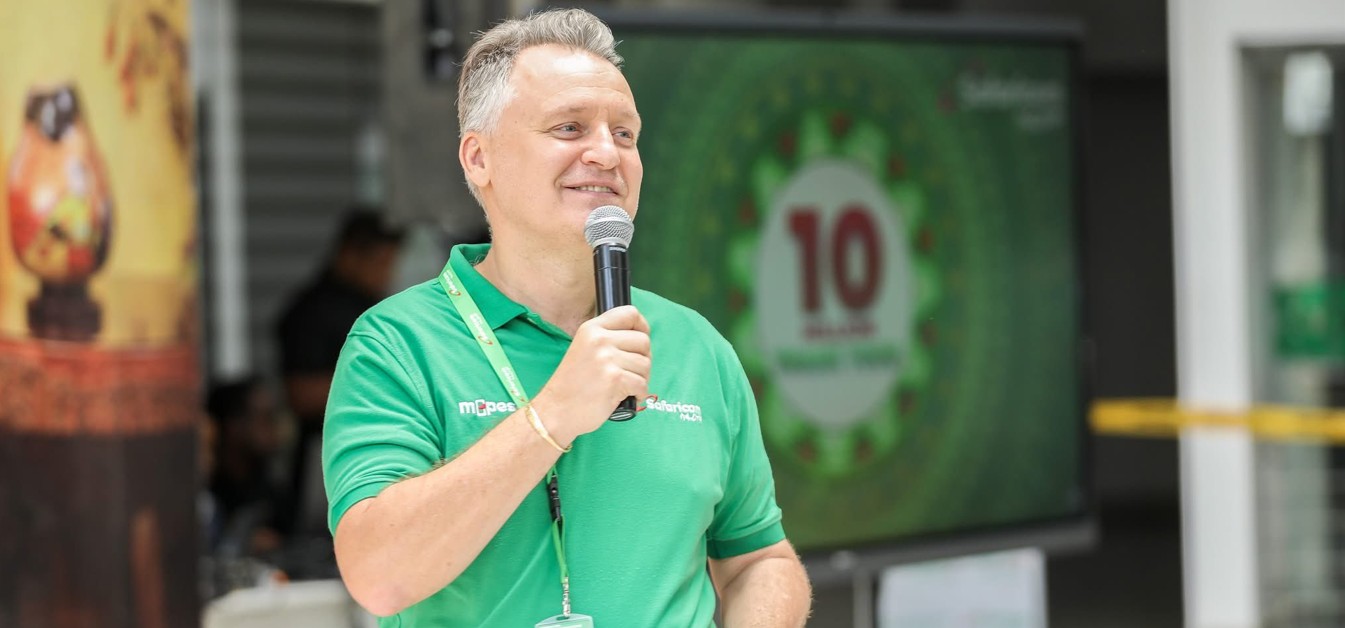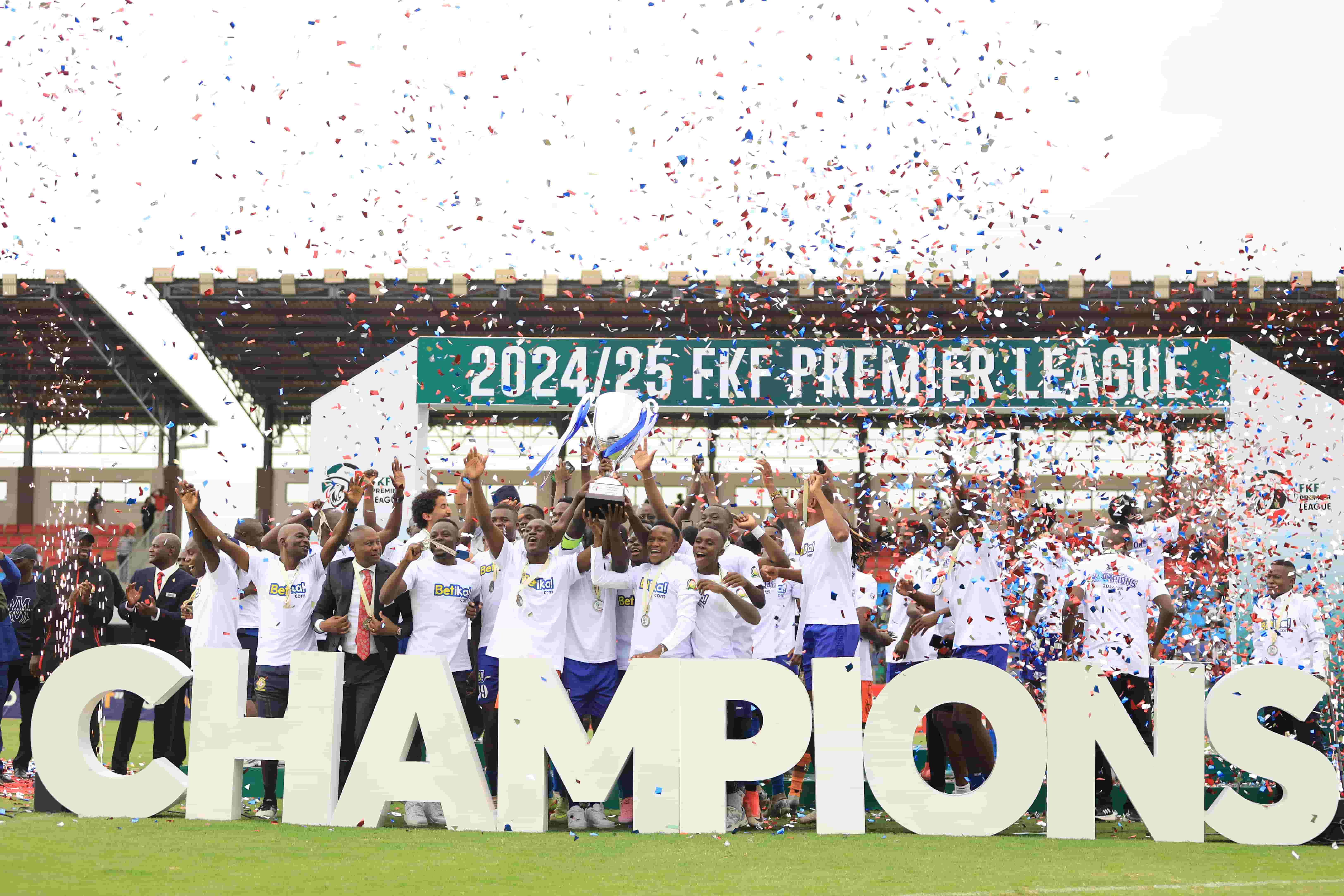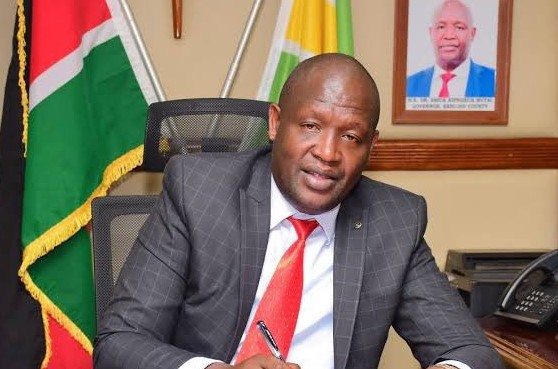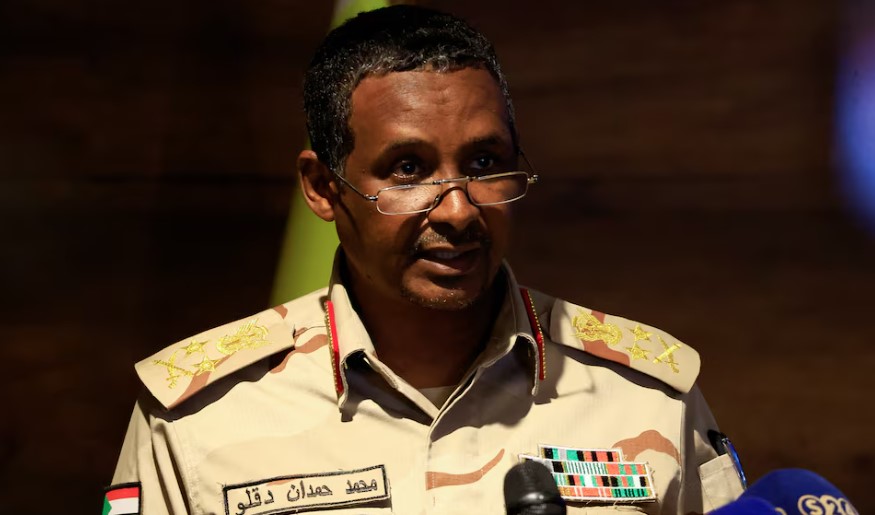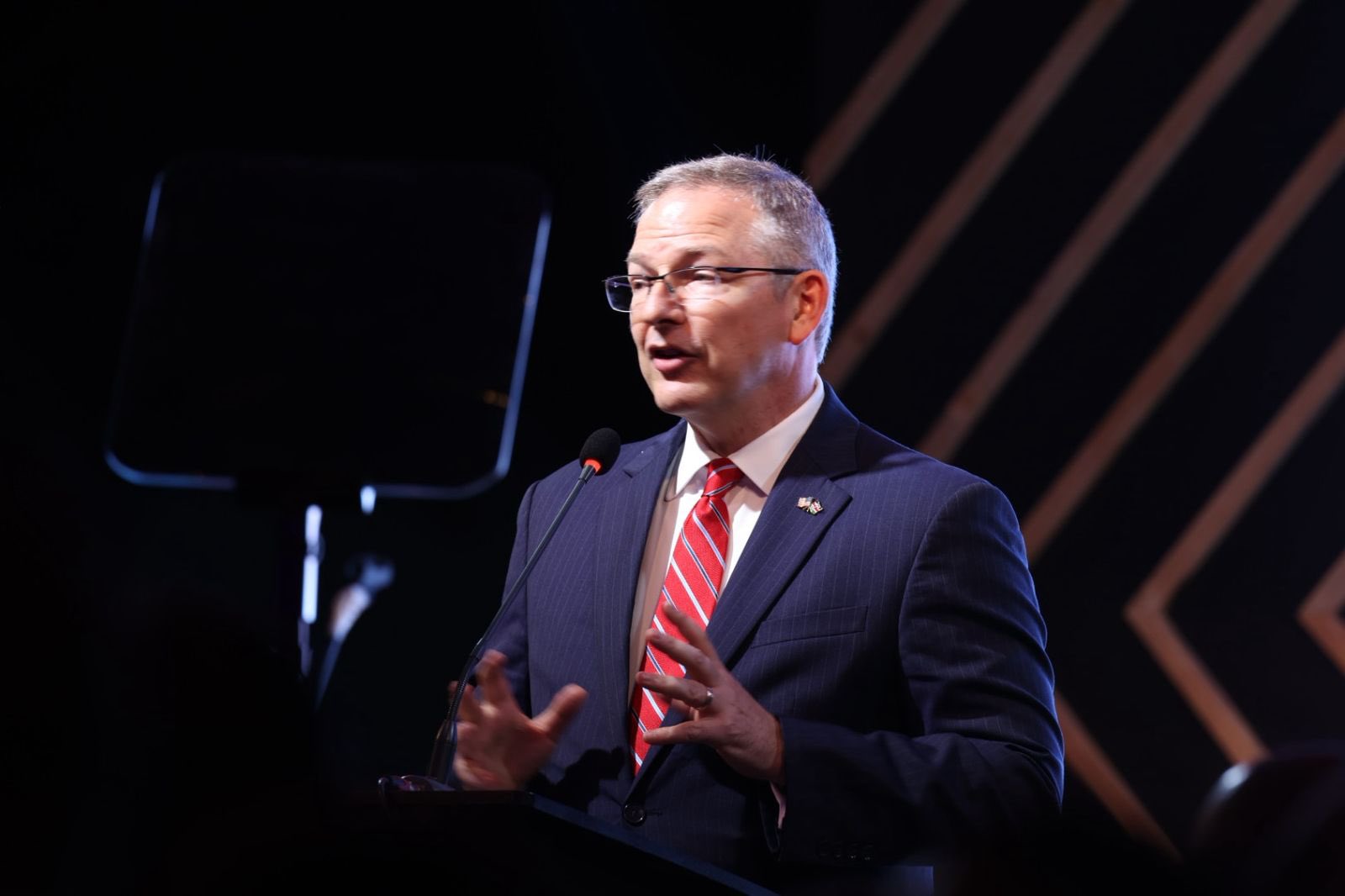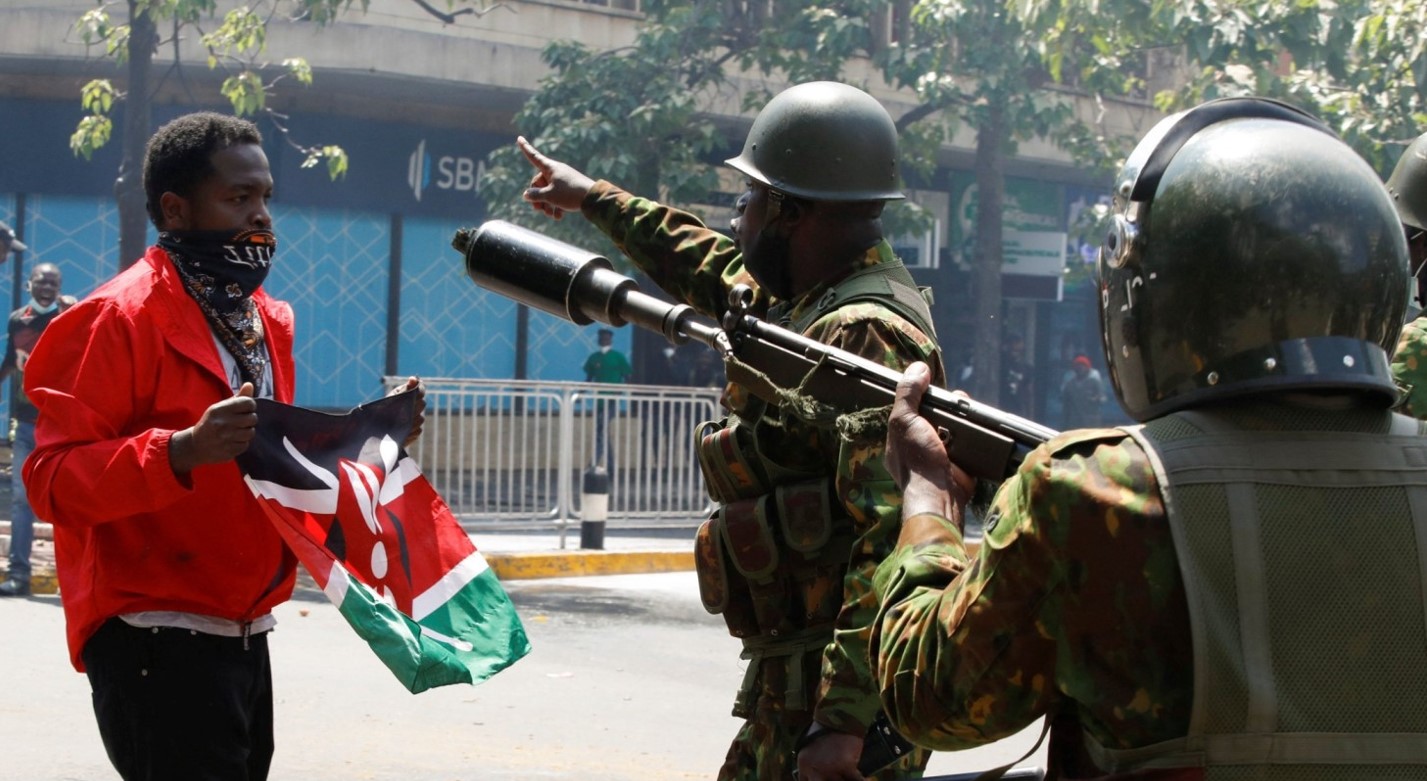Ghana's ex-President Mahama wins election, ruling party candidate concedes defeat
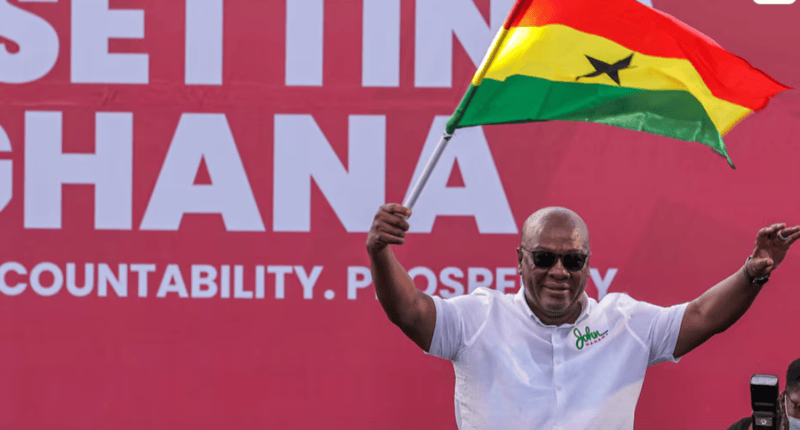
The victory marks a dramatic political comeback for Mahama, who led the country from 2012 to 2017.
Former President John Dramani Mahama has been elected Ghana's president once again, defeating Vice President Mahamudu Bawumia in a fiercely contested election. The result reflects growing public discontent with the ruling party's handling of the country’s economic woes.
Vice President Bawumia, the candidate of the New Patriotic Party (NPP), conceded defeat on Sunday, acknowledging the will of the people.
More To Read
- Kwame Akoto-Bamfo: the Ghanaian artist using work about slavery to find justice and healing
- Kenya’s private sector activity in May dips for the first time in seven months
- Growth over the rest of the year clouded by uncertainty, economists say
- Kenya sees sluggish growth in high-net-worth individuals amid economic headwinds – Knight Frank
- Why Kenyans have to wait longer to feel real benefits of strengthening shilling
- Ritual murder of children: Study in Ghana and Kenya explores who's doing it and why
“I’ve just called His Excellency John Mahama to congratulate him as president-elect of the Republic of Ghana,” he told reporters at his residence in Accra. “I respect the decision of Ghanaians to vote for change.”
The victory marks a dramatic political comeback for Mahama, who led the country from 2012 to 2017. In a post on the X platform, the 65-year-old described his win as “emphatic,” signalling the strong mandate he has received to steer the country out of its economic crisis.
Supporters of Mahama's National Democratic Congress (NDC) took to the streets in celebration, wearing the party's signature white, green, red, and black colours. In Accra and other parts of the country, women and young people danced to music and trumpet blasts, expressing their hope for a brighter future.
The election unfolded amidst Ghana’s worst cost-of-living crisis in decades. Spiralling inflation and a weakening currency have strained households, eroding trust in the ruling NPP under outgoing President Nana Akufo-Addo.
“This vote is a clear rejection of the government’s handling of the economy,” said Seidu Alidu, head of the political science department at the University of Ghana.
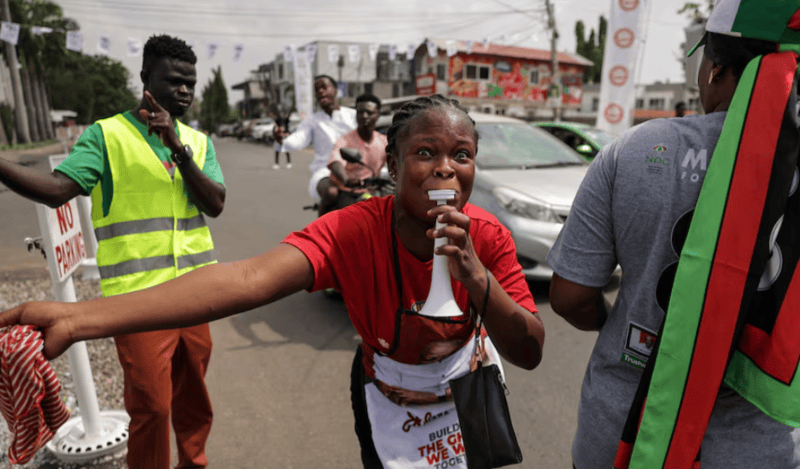 Supporters of Ghana's main opposition National Democratic Congress (NDC) party candidate and former President John Dramani Mahama celebrate after his rival Vice President Mahamudu Bawumia conceded defeat day after the presidential and parliamentary election in Ghana, December 8, 2024. (REUTERS)
Supporters of Ghana's main opposition National Democratic Congress (NDC) party candidate and former President John Dramani Mahama celebrate after his rival Vice President Mahamudu Bawumia conceded defeat day after the presidential and parliamentary election in Ghana, December 8, 2024. (REUTERS)
Mahama's campaign centred on promises to "reset" the nation, focusing on economic recovery and job creation. His message resonated particularly with younger voters eager for change.
Jude Agbemava, a policy analyst and Mahama supporter described him as “the only person who can fix the ailing economy in Ghana, one of West Africa's economic powerhouses.”
The NDC also secured a majority in parliament, bolstering Mahama’s ability to implement reforms.
The election took place amid Ghana's most severe cost-of-living crisis in decades, serving as a critical test for democracy in a region grappling with extremist violence and frequent coups.
The ruling New Patriotic Party (NPP) candidate, Mahamudu Bawumia, faced significant challenges in addressing the ongoing economic turmoil under the outgoing administration of President Nana Akufo-Addo.
John Dramani Mahama’s victory aligns with a global trend favouring opposition parties over incumbents, a pattern seen in recent elections across the United States, Europe—including Britain and France—and South Africa.
Throughout his campaign, Mahama pledged to "reset" the nation on multiple fronts, focusing on economic recovery and governance reforms. His message struck a chord with young voters, who viewed the election as a pathway out of the country’s economic hardship.
Top Stories Today
